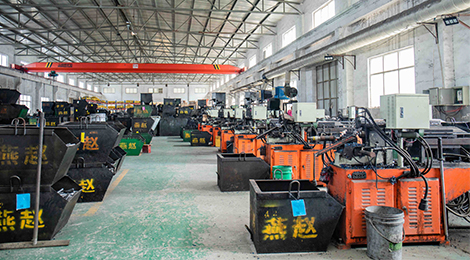Fasteners and Connectors Essentials for Every DIY Project including Bolts, Nuts, and Washers
Jul . 28, 2024 03:27 Back to list
Fasteners and Connectors Essentials for Every DIY Project including Bolts, Nuts, and Washers
The Essential Trio Bolts, Nuts, and Washers
In the world of construction and machinery, the importance of small components often goes unnoticed. Among these essential elements, bolts, nuts, and washers play a critical role in ensuring stability, strength, and safety in various applications. Despite their seemingly simple design, together they create a powerful fastener system that forms the backbone of countless structures and machines.
Bolts The Backbone of Construction
Bolts are multi-faceted fasteners that come in various shapes, sizes, and materials, tailored to meet the specific demands of different applications. At their core, bolts consist of a threaded shaft and a head, which allows for easy installation and removal with tools like wrenches or sockets. Their primary function is to hold two or more components together, providing tensile strength and allowing for adjustments over time.
One of the most notable features of bolts is their ability to withstand significant amounts of force and tension. High-strength bolts, often made from materials such as carbon steel or alloy steel, are essential in heavy-duty applications, such as in bridges, buildings, and machinery. The choice of a bolt is crucial, as it must match the specific requirements of the task at hand, ensuring durability and safety.
Nuts The Unsung Heroes of Fastening
While bolts provide the primary fastening mechanism, nuts work in tandem to secure the connection. A nut is a hexagonal block with a hole in the center, featuring internal threads that match the external threads of a bolt. When a bolt is inserted through aligned holes in two or more components, a nut is tightened onto the end of the bolt, creating a secure joint.
bolts nuts washers

The versatility and variety of nuts are impressive. From standard hex nuts to wing nuts, lock nuts, and cap nuts, each type serves unique purposes. For instance, lock nuts are designed to resist loosening under vibration, making them ideal for automotive and machinery applications, while wing nuts can be quickly tightened or loosened by hand, providing convenience in low-stress situations.
Washers The Small but Mighty Spacers
Often overlooked, washers are crucial components that enhance the performance of bolts and nuts. A washer is a thin disc with a hole at its center, placed between a bolt head or nut and the surface of the material being fastened. Their primary purpose is to distribute the load of the fastener over a larger area, reducing the risk of damage to the material, especially in softer substances like wood or plastic.
Washers also serve to prevent loosening due to vibration. Lock washers, for instance, feature a unique design that creates friction and resists motion, thereby ensuring that the fastener remains tight over time. Additionally, flat washers can help in providing a smooth surface for a better grip, while rubber washers offer sealing properties that prevent leaks in plumbing applications.
Conclusion The Vital Connection
In summary, bolts, nuts, and washers are integral components in almost every mechanical and construction project. They work together harmoniously, ensuring that structures are secure, machinery operates efficiently, and installations remain safe. Understanding the function and importance of each can help anyone in the field of engineering or construction choose the right components for their specific needs.
Whether you are an experienced contractor or a DIY enthusiast, appreciating the role of these three elements can lead to better project outcomes. Investing time in selecting the appropriate fasteners can result in enhanced durability, safety, and functionality, underscoring the importance of these small yet mighty components in our everyday lives.
Latest news
-
Reliable Axle Nuts Supplier | Quality & Precision Fasteners
NewsAug.23,2025
-
Durable Bolts for Lawn Mower Handle - Top Supplier & Manufacturer
NewsAug.22,2025
-
High-Quality Bolts for Lawn Mower Handle Supplier & Manufacturer
NewsAug.21,2025
-
Reliable Axle Nuts Supplier | High-Quality Automotive Parts
NewsAug.19,2025
-
Premium Wire Bolts Suppliers | Durable & Reliable Fasteners
NewsAug.18,2025
-
Leading Metric Wood Screw Companies & Manufacturers
NewsAug.17,2025
